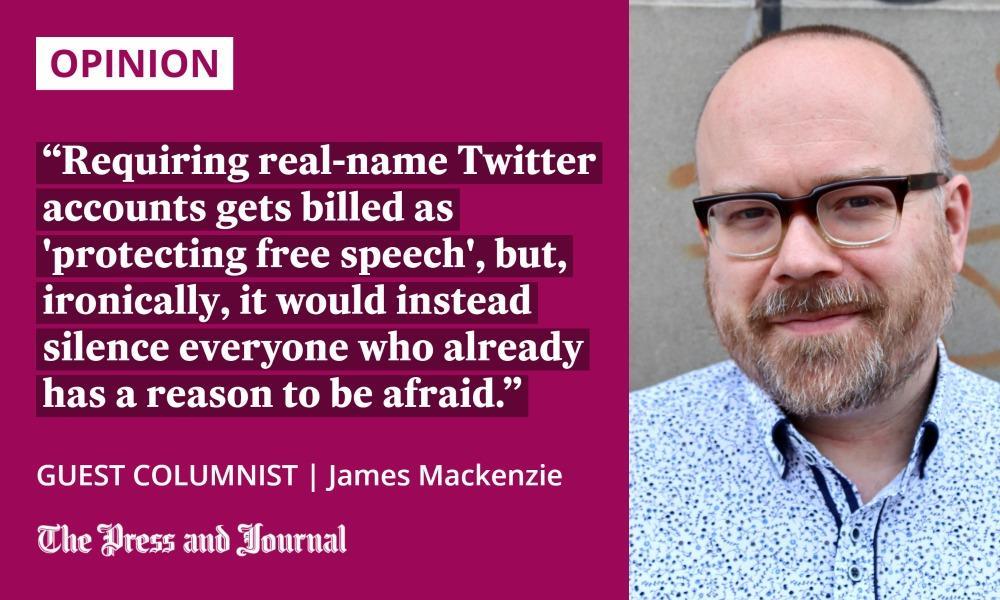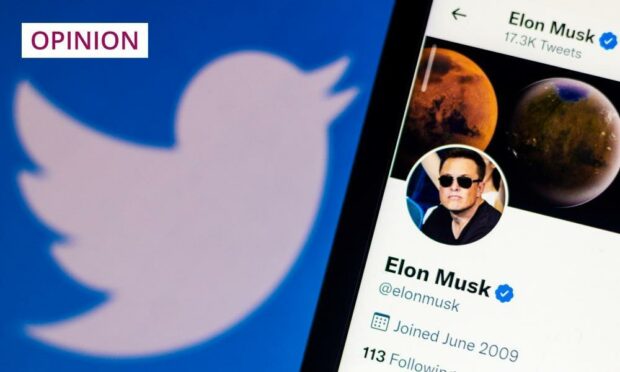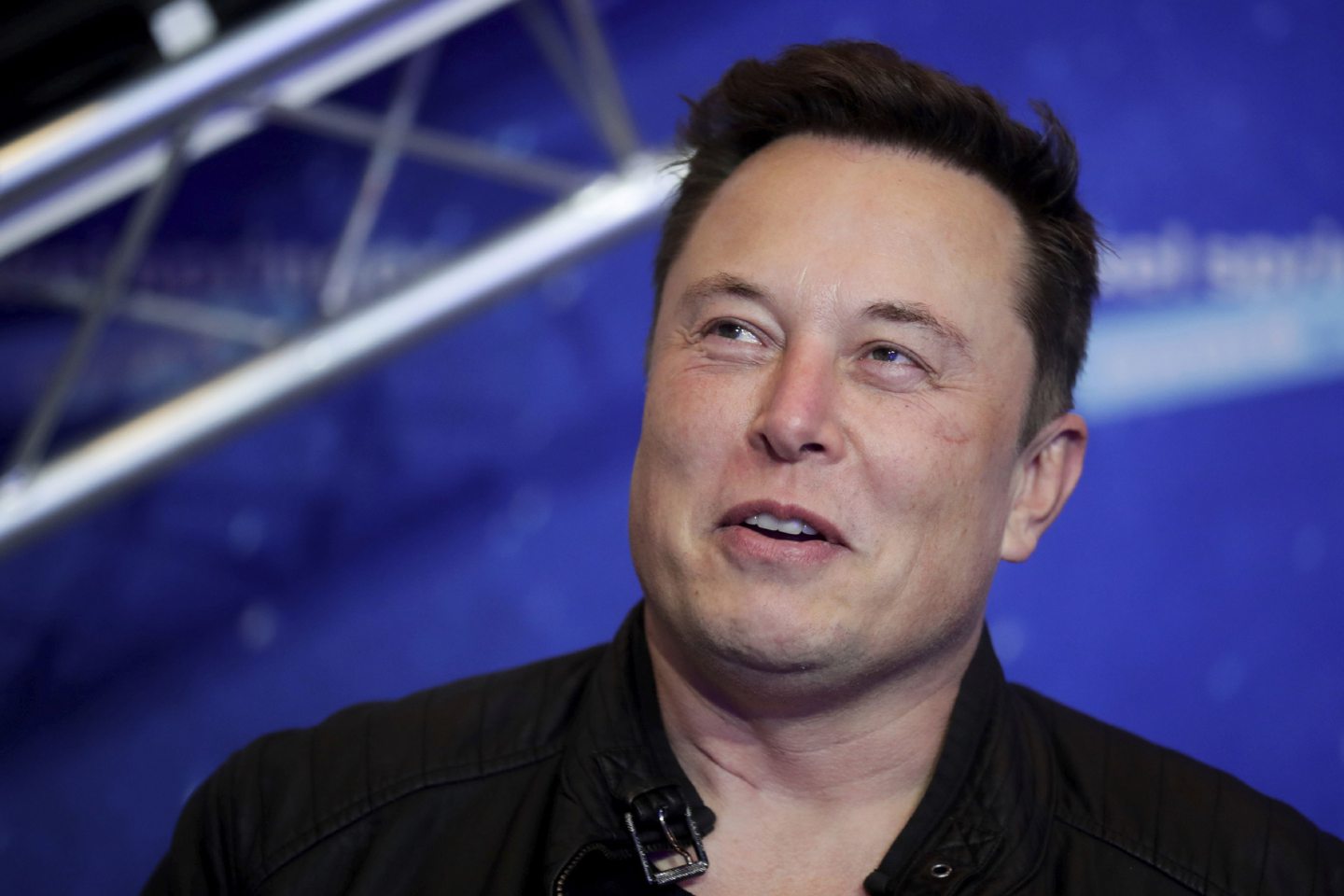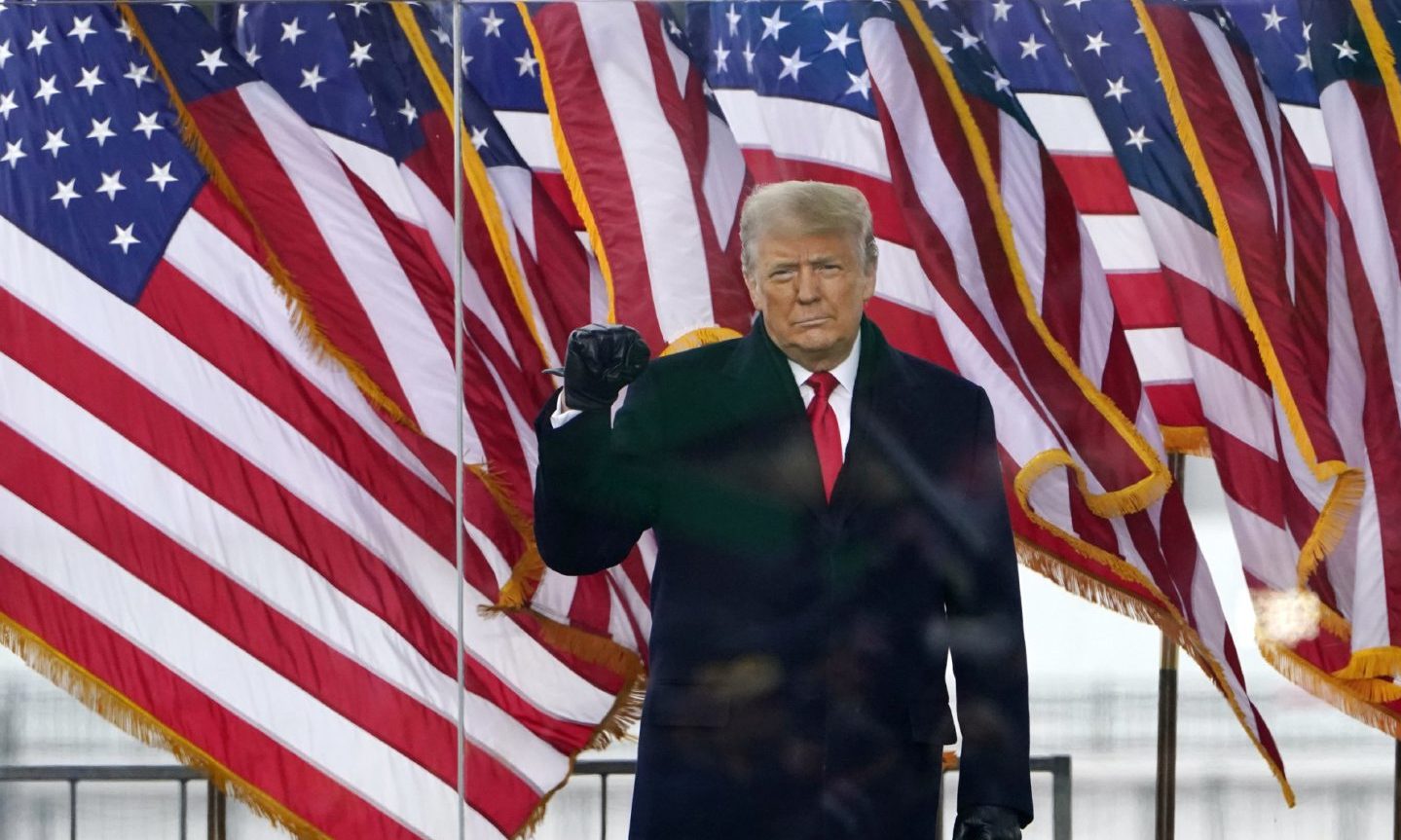In 1979, Victor Kiam liked his Remington razor so much that he bought the company.
In 2022, Elon Musk was annoyed enough about people winding him up online that he bought Twitter.
I should declare an interest: I adore Twitter, and my busy and carefully curated timeline is probably my most important online asset. I have found work through it, deep friendships, and even love. Most of my favourite jokes are a maximum of 280 characters long.

Twitter is a genuine community for me, and for so many others, and it’s also taught me so much. Don’t know anything about contemporary Native activism in North America? Follow a bunch of activists and learn directly from them, not just from the voices which (apologies to my friends at The P&J) the media decide to foreground.
That also makes Twitter an activist tool that would have been impossible to imagine even 20 years ago. Disparage it as “not the real world” if you wish, but please tell me how one climate-anxious Swedish teenager could have had her voice heard this widely before social media. Anyone’s tweet can go around the world if they have a good enough point and it’s well enough made.
Requiring real names and ID would be disastrous
It’s not all sunshine and flowers, though. Everyone’s experience of this vast attempt to create a collective human consciousness is shaped by their position in society, and their power – or lack of it.
Musk’s experience of it is, therefore, grotesquely unrepresentative. And so, to a lesser degree, is mine. Homophobia, misogyny, racism, transphobia: these are things I see done to other people, over and over.
🚀💫♥️ Yesss!!! ♥️💫🚀 pic.twitter.com/0T9HzUHuh6
— Elon Musk (@elonmusk) April 25, 2022
One of Musk’s plans is to end anonymity on Twitter, a classic clueless billionare idea. Requiring real names, based on official ID, would be disastrous for every marginalised or oppressed person who relies on social media.
The only example that typically gets airtime is that of activists in repressive regimes: true, and a real problem, but that’s the tip of the iceberg.
If you have mental health issues you want to discuss without your boss or your family knowing, you might well have an anonymous account. If you’re queer or a sex worker and not out to your family, your anonymous account can be a lifeline. If you fled domestic abuse, a real-name account would, of course, expose you to online abuse and possibly stalking.
It wouldn’t even work on its own terms; the research is unarguable. As reported by the Columbia Journalism Review last year: “Anyone who has spent any time on Facebook is well aware that people are more than happy to say the most terrible things – to engage in abuse, harassment, and the peddling of disinformation – while using their real names.”
That same article links to research which found that “non-anonymous individuals are more aggressive compared to anonymous individuals”. But that’s not what this idea is really about, one would have to assume. Musk certainly doesn’t enjoy people repeatedly tweeting a picture of him with Ghislaine Maxwell, and maybe he’d like to know who to sue.
Living in fear of ‘free speech’
Requiring real-name accounts gets billed as “protecting free speech”, but, ironically, it would instead silence everyone who already has a reason to be afraid. It would be a cruel blow for everyone who finds genuine community on Twitter, in amongst the harassment.
Social media gets treated as ephemeral, trivial, and a source of cheap news stories. But it’s also precious, and it’s at risk
The harassment is another reason why those who experience the downsides of Twitter are particularly alarmed by Musk’s takeover. For a decade, I’ve watched the social media platform’s own official account propose new features and, every time, people reply: “Or you could just ban all the Nazis?”
That hasn’t happened, of course. But, for all the failings of the current Twitter moderation systems, people do get banned for abuse, no matter if you’ve heard of them or not. A ban means they essentially cease to exist online, whether they wrote TV comedies in the 1990s, edited hard right news sites, or were elected the 45th President of the USA.
Musk’s ideological “free speech” position – classic libertarianism from a man whose billions are, in large part, built on government money – means people are legitimately worried the vaults will be opened and all these monsters will come pouring out.
So, people are scared. Social media gets treated as ephemeral, trivial, and a source of cheap news stories. But it’s also precious, and it’s at risk.
Will Musk really risk tanking Twitter?
Things are probably less likely to change than some fear. I doubt Musk will read all our direct messages, or that the much-requested edit button will allow bad actors to turn kitten tweets shared a million times into anti-Semitic messages.
Kiam had an interest in Remington’s razor blades remaining sharp. The terms of Musk’s deal to take over Twitter put him at great risk if he tanks the company.
I hope that even my worst critics remain on Twitter, because that is what free speech means
— Elon Musk (@elonmusk) April 25, 2022
How much profit really is there in making the platform into an unmoderated cesspit for Nazis? Ask the people who set up competitor companies on precisely that basis, and whose sites are busy only with tumbleweed.
But, I’d still be much happier if Twitter was collectively and democratically owned, not just a bauble for capitalism’s clown prince.
James Mackenzie is a freelance media and public affairs consultant and former head of communications for the Scottish Greens






Conversation